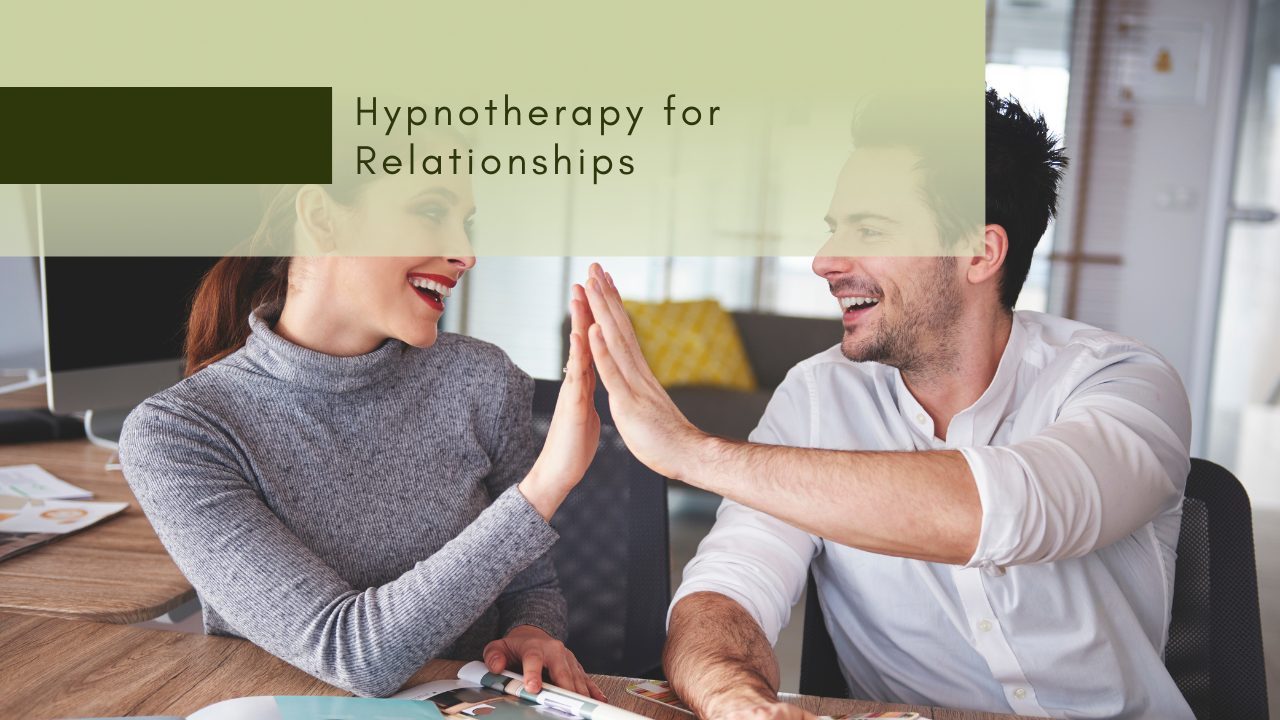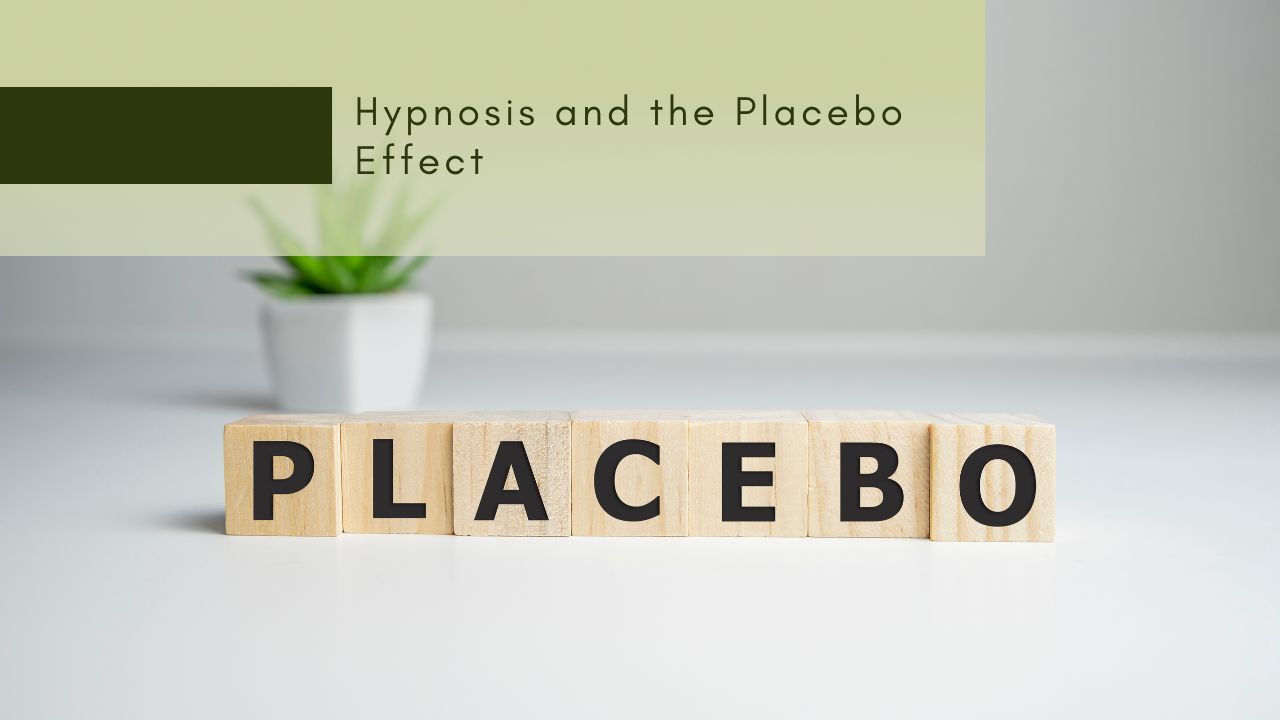In this post, we will explore the topic of hypnotherapy for relationships. Interpersonal relationships are an essential part of our lives, and they can have a significant impact on our mental and emotional well-being. Hypnotherapy is a healthy and effective way to improve your interpersonal skills by helping you develop better communication, empathy, and trust. In this post, we will provide you with valuable insights into the benefits of hypnotherapy for relationships and share some tips on how to use it to enhance your interpersonal skills.
How Do Relationship Issues Affect Your Life and Wellbeing?
Relationship issues can have a significant impact on your life and wellbeing. The quality of your relationships, whether with a romantic partner, family members, friends, or colleagues, can deeply affect your emotional and physical health. Below are some ways in which relationship issues can influence your well-being:
- Emotional Distress: Relationship problems can lead to emotional distress, such as anxiety, depression, anger, and sadness. Ongoing conflict or a lack of support can erode your emotional well-being.
- Physical Health: Stress resulting from relationship issues can manifest physically. It can lead to headaches, sleep disturbances, fatigue, and even more severe health problems over time. Chronic stress is linked to conditions like heart disease, high blood pressure, and weakened immune function.
- Self-Esteem: Negative relationships can damage your self-esteem and self-worth. Constant criticism or rejection can lead to feelings of inadequacy and self-doubt.
- Isolation: Relationship issues can isolate you from your support network. You might withdraw from friends and family, leading to feelings of loneliness and further exacerbating the problem.
- Behavioural Changes: Troubled relationships can lead to unhealthy coping mechanisms, such as overeating, substance abuse, or engaging in risky behaviours. These can have a detrimental impact on your physical and mental health.
- Productivity and Performance: Problems in personal relationships can spill over into your professional life, affecting your focus, productivity, and career progression.
- Interpersonal Skills: If relationship issues persist, they can erode your ability to form and maintain healthy relationships in the future, making it difficult to trust and connect with others.
- Communication Skills: Poor communication or unresolved conflicts in relationships can hinder your ability to express yourself and resolve issues effectively.
- Life Satisfaction: Your overall life satisfaction can be greatly diminished by ongoing relationship issues. Positive relationships are a significant source of happiness and fulfillment, so their absence or negativity can lead to overall dissatisfaction.
- Mental and Physical Wellbeing: Strong, supportive relationships can act as a buffer against stress and adversity, promoting mental and physical well-being. Conversely, strained relationships can contribute to feelings of distress and physical health problems.
It’s important to address and resolve relationship issues to protect your well-being. This can involve open and honest communication, seeking professional help, or, in some cases, making the difficult decision to end a toxic or abusive relationship. The specifics of how relationship issues affect an individual can vary widely based on the nature of the problems and the individuals involved, but understanding these potential impacts is the first step toward finding solutions and improving your well-being.
What is Hypnotherapy and How Can It Help You Improve Your Interpersonal Skills?
Hypnotherapy is a form of psychotherapy that uses hypnosis to induce a deeply relaxed and focused state of consciousness. In this state, a person is more open to suggestion and is often guided by a trained hypnotherapist to explore and address various psychological or behavioural issues. Hypnotherapy can be used to help individuals improve their interpersonal skills by addressing and modifying the underlying thought patterns and behaviours that may be hindering their ability to connect with others effectively.
Listed below is how hypnotherapy can help improve interpersonal skills:
- Identifying Root Causes: Hypnotherapy can help individuals explore their subconscious and uncover the root causes of any interpersonal difficulties. This might involve identifying past experiences, traumas, or negative beliefs that are impacting their ability to interact with others.
- Changing Negative Thought Patterns: Hypnotherapy can be used to replace negative or self-sabotaging thought patterns with more positive and constructive ones. For example, if someone has a fear of rejection, hypnotherapy can help them develop a more positive self-image and self-confidence.
- Stress Reduction: Hypnotherapy can induce a state of deep relaxation, which can help reduce stress and anxiety. Lower levels of stress can make it easier to engage with others in a calm and confident manner.
- Enhancing Communication Skills: Hypnotherapy can be used to improve communication skills, such as active listening, assertiveness, and empathy. By targeting and modifying the subconscious beliefs and behaviours related to communication, individuals can become more effective communicators.
- Boosting Confidence and Self-Esteem: Hypnotherapy can help individuals work on their self-esteem and self-confidence, which are essential for building positive interpersonal relationships. When people feel better about themselves, they are more likely to engage with others in a positive and assertive way.
- Overcoming Social Anxiety: Hypnotherapy can be used to address social anxiety or phobias related to social interactions. By reprogramming the subconscious mind, individuals can reduce their anxiety and become more comfortable in social settings.
- Setting and Achieving Interpersonal Goals: Hypnotherapy can help individuals set specific interpersonal goals and work on achieving them. Whether it’s developing stronger friendships, improving relationships with family members, or excelling in a professional context, hypnotherapy can be a tool for personal growth.
What are the Benefits of Using a Hypnotherapy Session for Relationships?
Hypnotherapy can offer several benefits when used in the context of relationships, whether they are romantic, familial, or social. Here are some potential advantages of using hypnotherapy sessions for relationships:
- Improved Communication: Hypnotherapy can help individuals overcome barriers to effective communication. It can address issues like shyness, fear of confrontation, or difficulty expressing emotions, making it easier for people to communicate openly and honestly with their partners, family members, or friends.
- Conflict Resolution: Hypnotherapy can be used to address conflict resolution skills. It can help individuals manage their emotions during conflicts, enhance their ability to find common ground, and develop more effective problem-solving strategies.
- Emotional Healing: For those who have experienced emotional trauma or pain within their relationships, hypnotherapy can be a valuable tool for healing and processing these emotions. It can help individuals let go of past hurts and create a healthier emotional foundation for their relationships.
- Enhanced Empathy: Hypnotherapy can promote empathy and understanding, making it easier for individuals to see situations from another person’s perspective. This can lead to more compassionate and fulfilling relationships.
- Overcoming Attachment Issues: For individuals struggling with attachment or dependency issues in their relationships, hypnotherapy can help address these issues and promote healthier, more balanced attachments.
- Boosted Self-Esteem: Hypnotherapy can improve self-esteem and self-worth, which is crucial for healthy relationships. When individuals feel better about themselves, they are more likely to engage in relationships from a position of strength, rather than seeking validation from others.
- Stress Reduction: Hypnotherapy can reduce stress and anxiety related to relationship issues. This can lead to a more relaxed and calm approach to interactions with others, which is beneficial for the overall health of relationships.
- Conflict Avoidance: Hypnotherapy can help individuals understand why they might avoid conflicts in their relationships and provide tools to address this avoidance in a healthier way. Avoiding conflict can sometimes lead to unresolved issues that fester over time.
- Improved Boundaries: Hypnotherapy can assist individuals in setting and maintaining healthy boundaries in their relationships. It can help them understand their own needs and communicate those boundaries effectively.
- Rekindling Passion: For couples in long-term relationships, hypnotherapy can be used to reignite passion and intimacy. It can address issues related to desire, attraction, and past traumas that may affect a couple’s physical and emotional connection.
It’s important to note that while hypnotherapy can be a valuable complement to relationship counseling and self-improvement, it’s not a magic solution for all relationship issues. The effectiveness of hypnotherapy for relationships depends on the individual, the nature of the issues, and the skill of the hypnotherapist. For the best results, it’s often recommended to work with a qualified and experienced hypnotherapist who specialises in relationship issues and to use hypnotherapy in conjunction with other forms of therapy and relationship-building techniques.
How Do you Prepare for a Hypnotherapy Session for Relationships?
Preparing for a hypnotherapy session for relationships involves both mental and practical steps to make the experience more effective and beneficial. Here’s a guide on how to prepare for a hypnotherapy session focused on improving your relationships:
- Find a Qualified Hypnotherapist who you are comfortable working with
- Set Clear Goals: Before the session, think about what you want to achieve or work on in your relationships. This could be improving communication, resolving conflicts, boosting self-esteem, or addressing specific relationship challenges. The more specific and clear your goals, the better your hypnotherapist can tailor the session to your needs.
- Educate Yourself: Familiarise yourself with the process of hypnotherapy and what to expect during a session. This will help ease any anxiety or uncertainty you may have about the process.
- Maintain an Open Mind: Approach the session with an open mind and a willingness to engage in the process. Hypnotherapy relies on your cooperation and receptivity to suggestions, so being open to the experience is crucial.
- Choose a Comfortable Setting: Ensure that you’ll be in a comfortable and quiet environment for the session. This could be at a therapist’s office or a location of your choice, as agreed upon with the hypnotherapist.
- Eliminate Distractions: Minimise potential distractions during the session. Turn off your phone, let others know you need privacy, and create a space where you won’t be interrupted.
- Wear Comfortable Clothing: Dress comfortably to allow relaxation and minimizs physical discomfort during the session.
- Stay Sober: Avoid alcohol, recreational drugs, or any substances that could impair your mental clarity before the session. You should be in a clear and alert state of mind.
- Prepare Questions and Concerns: If you have specific questions or concerns about hypnotherapy, the process, or your relationships, prepare them in advance so you can discuss them with your hypnotherapist.
- Arrive on Time: If the session is in person, arrive on time to avoid feeling rushed or anxious. For virtual sessions, make sure your technical setup is working correctly.
- Engage in a Brief Relaxation Routine: Before the session, engage in a relaxation routine of deep breathing or mindfulness exercises. This can help you enter the session in a calm and centered state.
- Bring a Notebook: It can be helpful to bring a notebook to jot down any insights or thoughts that come up during or after the session.
- During the session, your hypnotherapist will guide you into a state of deep relaxation and work with you to address your specific relationship-related goals and concerns. Remember that hypnotherapy is a collaborative process, and your active participation is essential.
After the session, it’s important to follow any post-session instructions provided by your hypnotherapist and to continue to work on your relationships using the insights and tools gained during the session. Hypnotherapy can be a valuable resource, but ongoing effort and commitment to personal growth are also crucial for achieving positive changes in your relationships.
What Happens During and After a Hypnotherapy Session for Relationships?
During and after a hypnotherapy session for relationships, several processes and experiences take place. Below is a general overview of what you can expect:
During the Hypnotherapy Session:
- Initial Discussion: The session typically begins with a discussion between you and the hypnotherapist. You’ll have the opportunity to talk about your relationship concerns, goals, and any specific issues you want to address. This is a crucial step to help the hypnotherapist tailor the session to your needs.
- Relaxation and Induction: The hypnotherapist will guide you into a state of deep relaxation. This often involves progressive muscle relaxation, controlled breathing, or other relaxation techniques to induce a focused and suggestible state of mind. You remain fully conscious during the session, and you can hear and respond to the therapist’s instructions.
- Suggestion and Visualisation: Once you are in a relaxed state, the hypnotherapist may use suggestions and guided imagery to address your relationship concerns. They might guide you through scenarios or help you visualise positive outcomes and solutions to your issues.
- Exploration and Insight: Hypnotherapy allows you to explore your subconscious mind and uncover underlying beliefs, emotions, and thought patterns related to your relationships. You may gain insights into the root causes of certain relationship challenges.
- Behaviour Modification: The hypnotherapist may suggest changes in your thought patterns and behaviours to help you improve your interpersonal skills. These suggestions are often aimed at building self-confidence, resolving conflicts, or enhancing communication.
- Positive Reinforcement: The session may include positive affirmations and reinforcement to boost your self-esteem, confidence, and emotional well-being, all of which are important for better relationships.
After the Hypnotherapy Session:
- Post-Session Discussion: After the hypnotherapy part of the session is complete, you’ll likely have a discussion with the hypnotherapist to process your experiences, gain insights, and ask any questions you may have.
- Integration and Application: The insights and suggestions gained during the session are meant to be integrated into your everyday life. You’ll be encouraged to apply the tools and strategies discussed to improve your relationships.
- Self-Reflection: It’s essential to engage in self-reflection and continue to explore your relationships outside of the therapy sessions. Journaling or other self-help practices can help you monitor progress and identify areas that still need improvement.
- Follow-Up Sessions: Depending on the nature and depth of your relationship issues, you may have multiple hypnotherapy sessions. These sessions can help you reinforce positive changes and continue to work on specific challenges.
Homework or Assignments: Your hypnotherapist in Auckland may assign you specific exercises or tasks to complete between sessions. These assignments are designed to reinforce the work done during the hypnotherapy and help you actively apply the tools and insights.
Patience and Persistence: Hypnotherapy is not a one-time fix; it often requires ongoing commitment and practice to see lasting changes in your relationships. Be patient with yourself and persistent in applying the techniques and strategies discussed.
It’s important to remember that the effectiveness of hypnotherapy can vary from person to person, and the outcomes depend on various factors, including the individual’s willingness to engage in the process, the skill of the hypnotherapist, and the nature of the relationship issues. Hypnotherapy is one of several tools that can be used in conjunction with other forms of therapy and self-improvement practices to work on and improve your relationships.




